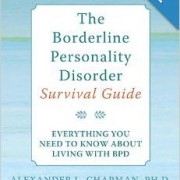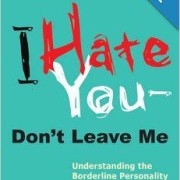“Radically accept” – Am I ready for this?
The term “radical acceptance” is a concept that can be easily understood by clients, but more difficult to put into practice. The concept is not new; however, has risen in popularity as a result of the development of Dialectical Behaviour Therapy (DBT) in the early 1990s. Marsha Linehan, theorist and clinician, describes radical acceptance as something that is necessary to solve life problems. To radically accept is to accept the universe as it is, with radical indicating total (not partial) acceptance. To practice radical acceptance is to move past one’s own suffering. It is a means to modify extreme misery into normalised grief/sadness to improve adaptation to reality.
I recently attended a workshop, run by the Byron Clinic, facilitated by Marsha Linehan who encouraged the use of metaphors to describe the idea of radical acceptance. She talked about personal experiences where the concept could have been applied to her own life, which she shares in session with her own clients and therapists training in DBT. Other metaphors described were on a spectrum of challenges from day-to-day problems to extreme hardship in life. Some examples to which the concept could be applied to are: losing your dream job due to redundancy, living next-door to constantly disruptive neighbours, and discovering your long-term romantic partner has been “hooking up” with your closest friend.
When people first hear about the idea of radical acceptance they sometimes ask: Am I ready for this? How do I apply this to my life? Am I accepting defeat?
Marsh Linehan describes four options when people are faced with life challenges:
(1) problem solving – you could identify options for changing your current situation;
(2) altering your feelings – by adjusting negatives into positives;
(3) accepting the problem – coming to terms with reality and moving on; and
(4) holding on to suffering – sticking with the anguish.
Importantly, by radically accepting, you are not: letting others get away with what they have done to you or agreeing with the ethics around what has happened to you. Instead, you are giving up the internal battle in relation to the problem/s you have faced.
For more information on radical acceptance please visit: http://www.dbtselfhelp.com/html/radical_acceptance_part_1.html
Sources:
Linehan (1993). Skills Training Manual for Treating Borderline Personality Disorder. The Guilford Press.





